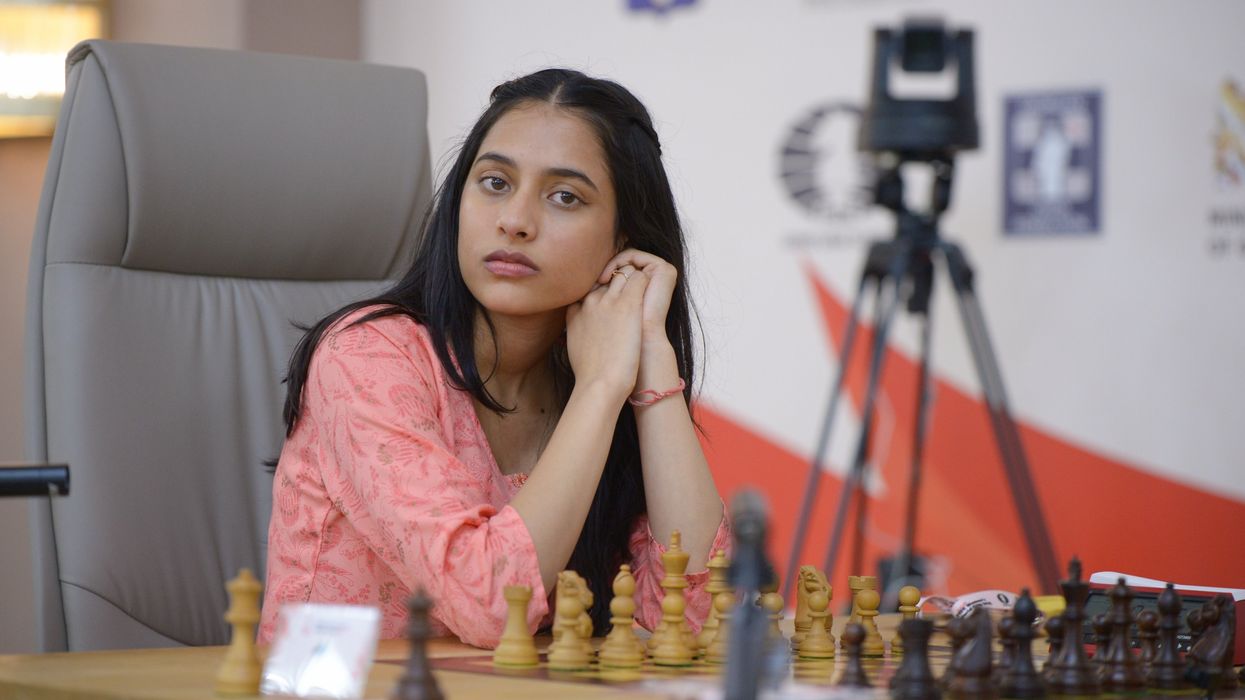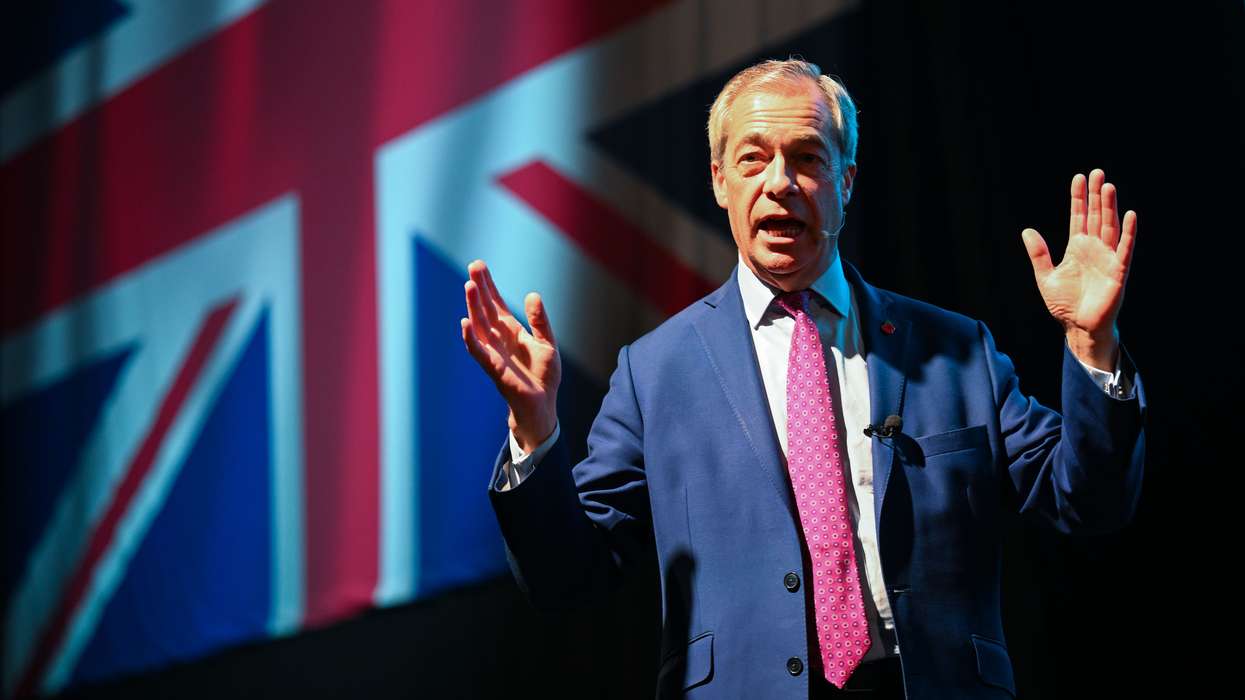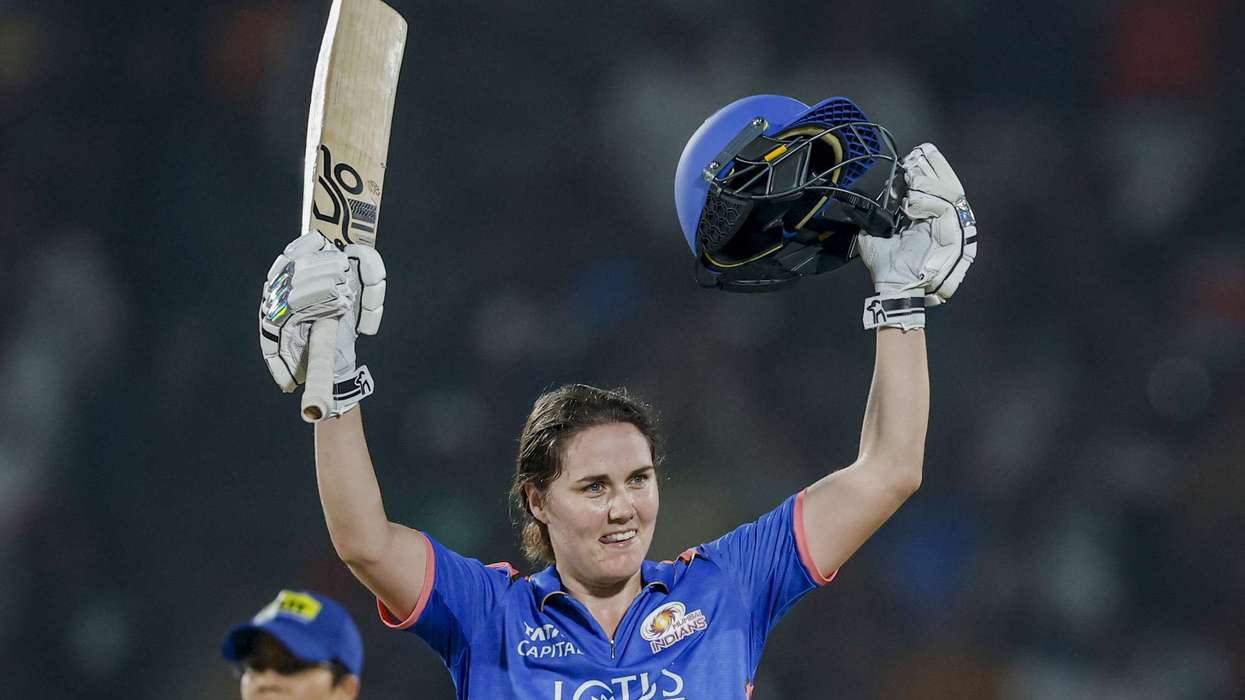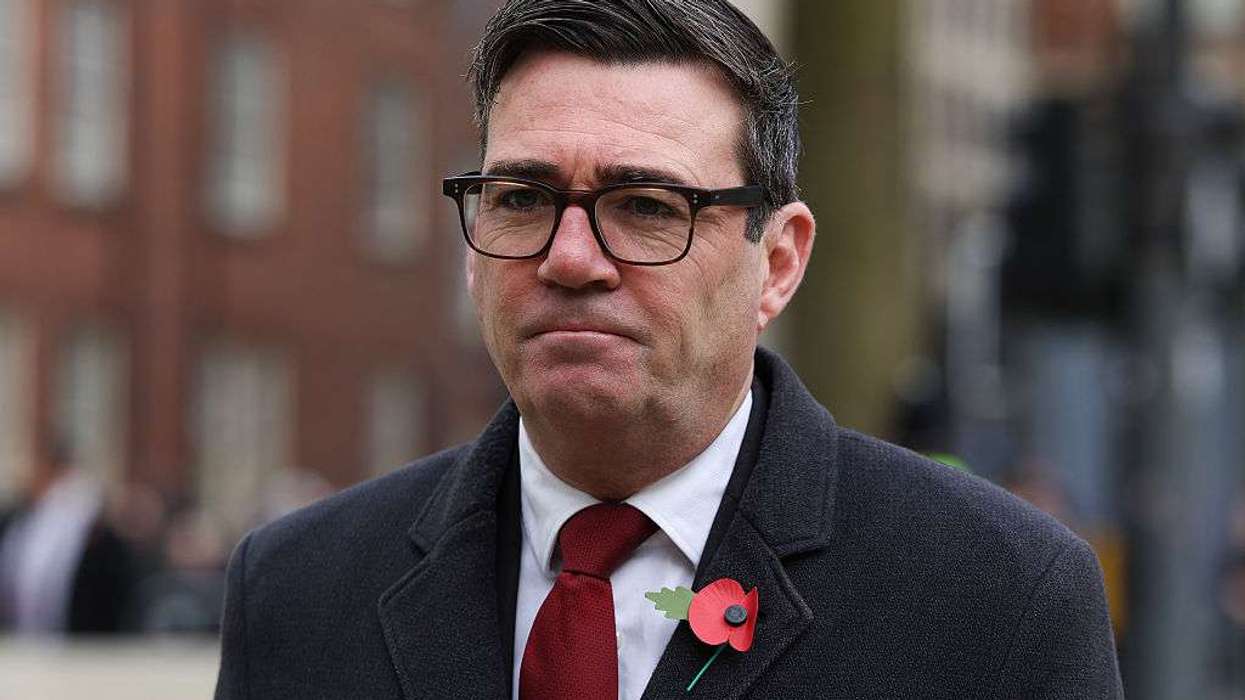TEENAGED Indian chess player Divya Deshmukh achieved a major milestone by winning the FIDE Women's World Cup after defeating compatriot Koneru Humpy in a tie-break on Monday.
The 19-year-old from Nagpur not only secured the prestigious title but also became a Grandmaster, an achievement that seemed unlikely at the start of the tournament.
The final was decided in tiebreakers after the two classical games played on Saturday and Sunday ended in draws. In the rapid games, Humpy faltered under pressure while Deshmukh held her nerve. Despite having won almost everything else in her career, the World Cup title once again eluded Humpy.
Deshmukh's determination on Monday earned her the bonus of the Grandmaster title, awarded to the winner of this event. She is now the fourth Indian woman to become a Grandmaster, after Humpy, Dronavalli Harika and R Vaishali. Humpy became a Grandmaster in 2002, three years before Deshmukh was born.
With this victory, Deshmukh became the 88th Grandmaster from India. Her performance in the event showed her potential to achieve further success.
In the opening tiebreaker, Deshmukh put continuous pressure on Humpy. Playing from a Petroff defence, she reached an isolated queen pawn middle game and sacrificed a pawn to offer Humpy better prospects. However, Humpy returned the favour with time running out and soon faced a position where she had a rook, bishop and pawn against Deshmukh's queen. The position remained close to equal and Humpy drew the game comfortably.
In the return game, Humpy chose the Catalan opening. Deshmukh, well prepared, equalised quickly. Humpy sacrificed a pawn early but the queen-and-rook endgame led to a draw. On the 40th move, Humpy attempted to break through with a pawn sacrifice but the resulting rook-and-pawn endgame still looked drawn. However, she ran short of time again and blundered, giving Deshmukh a theoretically winning position. The game swung between a draw and a win for Deshmukh, but she eventually prevailed.
After the victory against an opponent twice her age, Deshmukh was emotional.
"I need time to process it (win). I think it was fate, me getting the Grandmaster title this way because before this (tournament) I didn't even have one (GM) norm, and now I am the Grandmaster," she said.
Five-time world champion Viswanathan Anand praised the teenager’s triumph. "Congratulations to @Divyadeshmukh05 on winning the World Cup. Becoming GM and a spot in the candidates. Amazing battle of nerves. @humpy_koneru played a very good event and showed a commendable fighting spirit. The great champion she is! It was a great celebration of Indian chess, particularly Women's chess," Anand wrote on X.
(With inputs from agencies)




